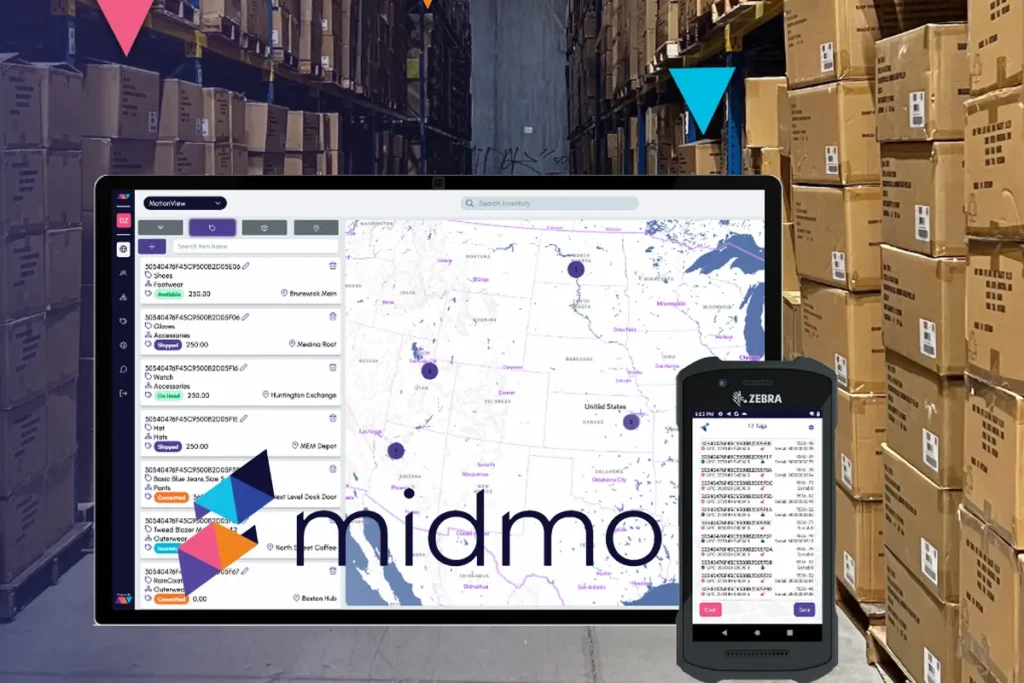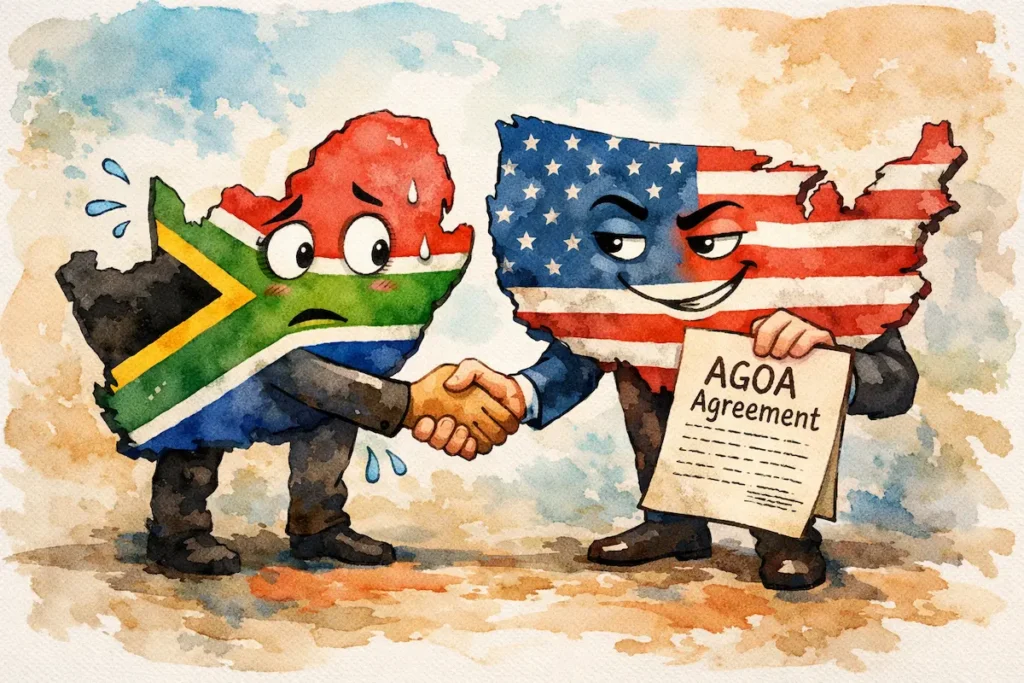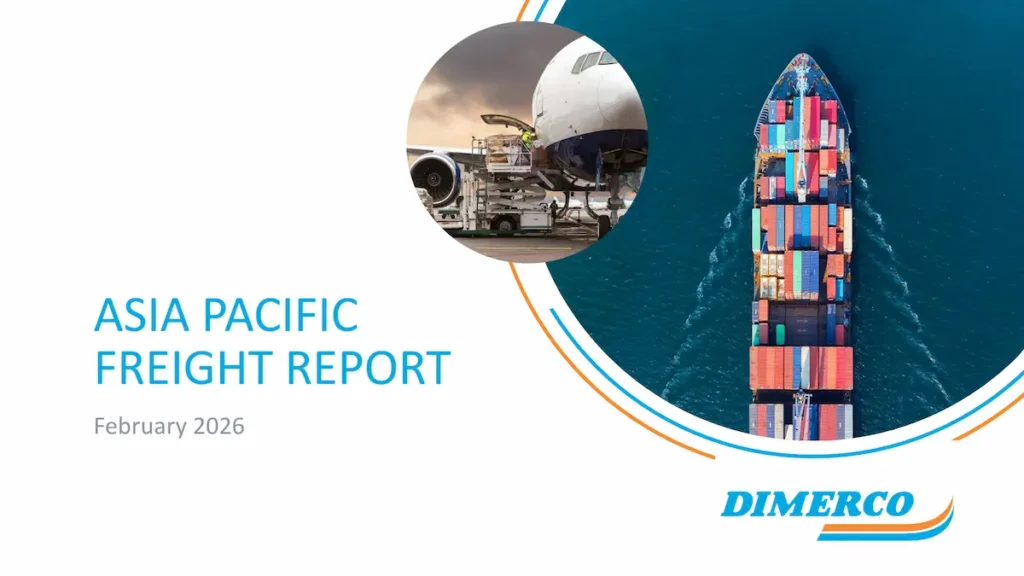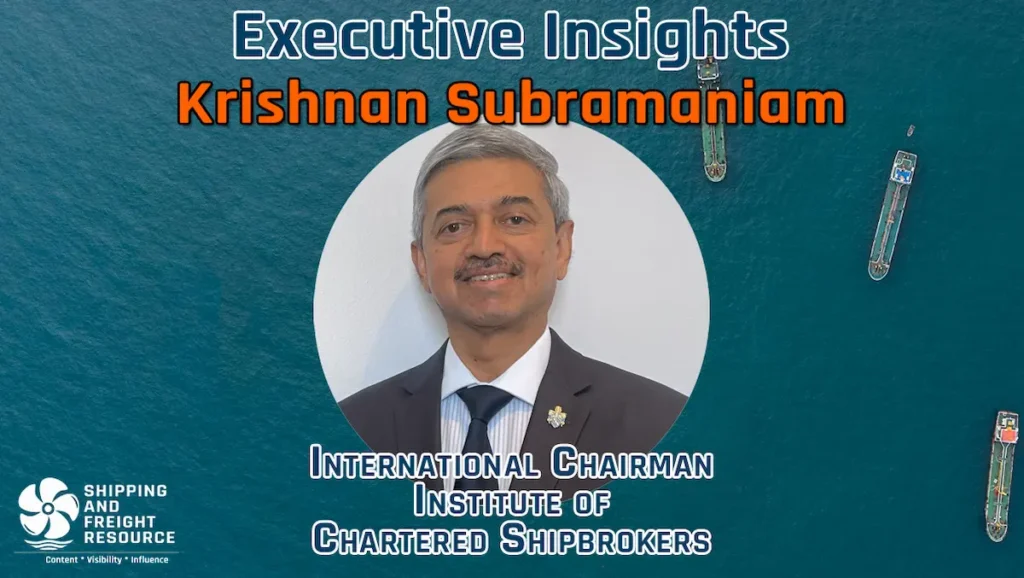Imagine you are a small but strategically vital economy in the world. Your ports are among the most efficient in the world, handling massive flows of high-end technology products, and your manufacturing sector is deeply integrated into global supply chains..
Then, you receive a letter from the United States, warning that it will impose 25% tariffs on your exports unless you renegotiate your trade terms.. How would you respond..??
Well, Malaysia appears to have offered an intriguing answer.. Just days after U.S. President Donald Trump threatened new tariffs on Malaysian goods, Malaysia announced that U.S.-origin high-performance AI chips passing through its borders would require a trade permit..
While officials framed this as a security and compliance measure, the timing suggests a more complex picture, one that might signal a cautious yet calculated strategic countermove in the ongoing trade friction..
It appears to send a well-calibrated signal that Malaysia is not merely a passive recipient of trade pressure, but a sovereign actor capable of shaping its own regulatory landscape..
Setting the stage – Trump’s tariffs
On July 7, 2025, the Trump administration delivered letters to 14 U.S. trading partners, including Malaysia, threatening new 25% tariffs unless they agreed to “fairer” trade deals by August 1..
This was not subtle diplomacy.. It was a clear, public escalation in Trump’s signature confrontational trade style, reminiscent of his first term’s trade wars..
Reuters reported that the letters threatened a 25% tariff on Malaysian imports, part of a broad effort to force trading partners to renegotiate bilateral deals..
CNBC detailed that these letters went out to Asian allies like Japan and South Korea as well, sparking diplomatic frustration and talk of “shock” and “anger” in regional capitals..
Malaysia’s move – Requiring permits for U.S.origin AI chips
Just one week later, on July 13, 2025, Malaysia’s Ministry of Investment, Trade, and Industry (MITI) announced new rules targeting an extremely sensitive segment of the trade relationship: U.S.-origin high-performance AI chips..
Under the new policy, exporters must apply for a Strategic Trade Permit at least 30 days in advance if they want to export, tranship, or transit these chips through Malaysia..
“Malaysia stands firm against any attempt to circumvent export controls or engage in illicit trade activities by any individual or company, who will face strict legal action if found violating the laws.” said the Malaysian Ministry of Investment, Trade and Industry..
Officially, Malaysia justified this as a necessary move to prevent the illegal re-routing of U.S.-restricted technology to third parties, particularly China.. They framed it as tightening compliance with existing strategic trade control laws and supporting the enforcement of U.S. export restrictions..
“Malaysia takes seriously the risks of transshipment and diversion of sensitive U.S.-origin technologies to unauthorised end-users and destinations,” added the Ministry..
The timing suggests strategic signalling
Is this purely a technical compliance move..?? Possibly—but the timing is hard to ignore as Malaysia’s permit requirement followed just days after the United States threatened 25% tariffs on its exports..
While officials insist the new rule enforces export-control compliance, it also functions as a clear signal of Malaysia’s own leverage in the global AI chip supply chain..
By tightening rules on sensitive U.S.-origin technology passing through its ports, Malaysia is not imposing retaliatory tariffs, but it is complicating logistics and compliance for U.S. companies..
It shows that even smaller economies can assert meaningful controls when pressured..
This measured, strategic response demonstrates that trade leverage can run both ways, sending a gentle but unmistakable message that Malaysia will not simply absorb trade pressure without using its own tools in return..
Implications for global supply chains
This episode offers a vivid lesson in modern trade politics: Supply chains are weapons as well as lifelines..
Malaysia’s new permit regime will not just affect direct Malaysia-U.S. trade, it has the potential to ripple through the global semiconductor ecosystem, especially the grey zone of transhipment hubs in Southeast Asia that have long provided flexibility to chip traders and manufacturers..
It also shows that trade wars do not just generate blunt tariff exchanges.. They can produce more sophisticated, targeted moves that reshape logistics, compliance burdens, and power dynamics in high-tech industries..
Reading between the lines
In international trade, words matter, but timing matters even more..
While Malaysia’s new permit requirement for U.S.-origin AI chips is framed as compliance, the suspiciously tight timing following Trump’s tariff threats suggests something more..
At the very least, it signals that Malaysia will not absorb U.S. trade pressure without asserting some control of its own..
It may not be an overt “retaliation” in the traditional sense.. But it is a deft, strategic response that leverages Malaysia’s position in the global supply chain, and a reminder that in the modern trade wars, even small economies have cards to play..













